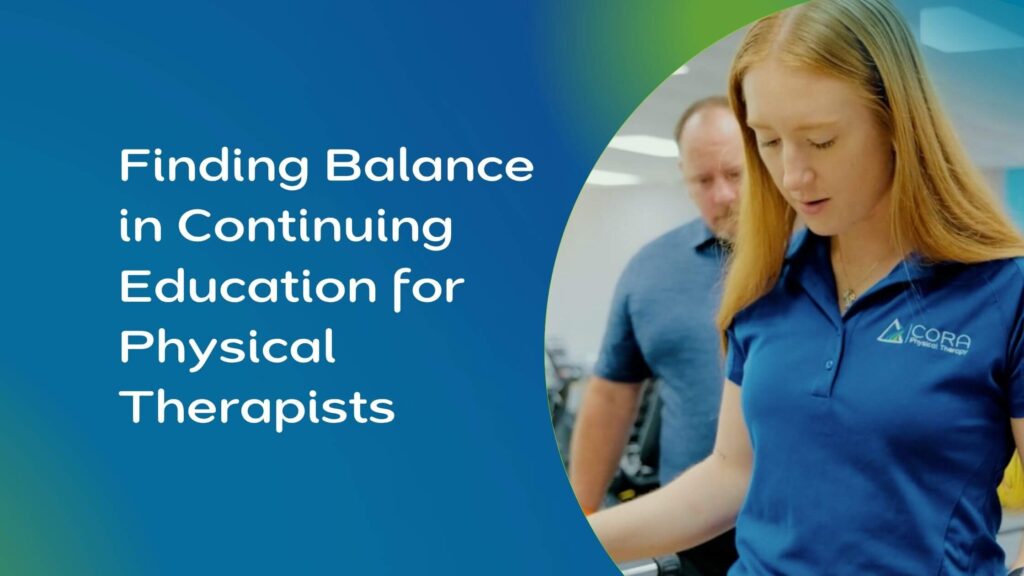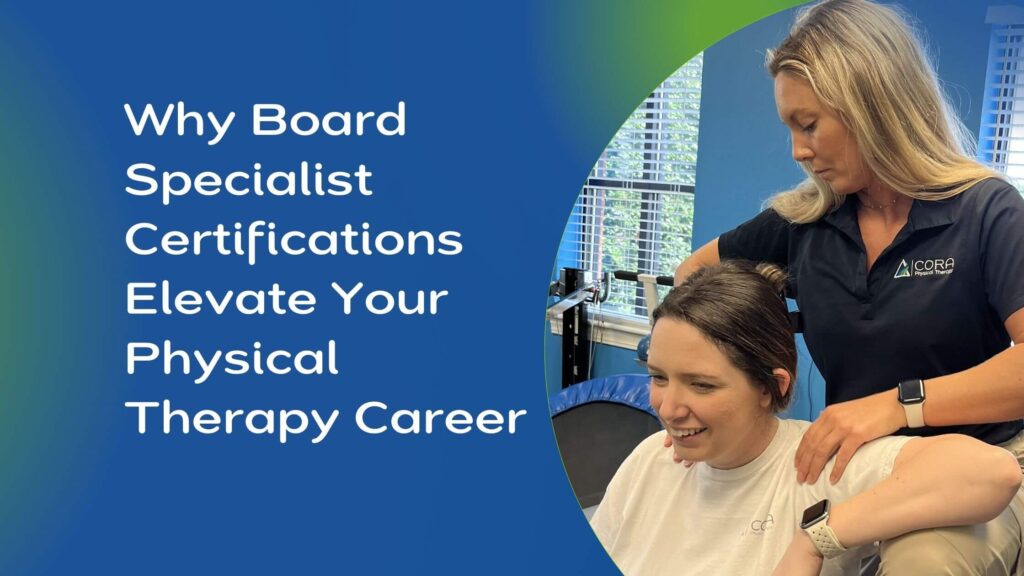Parkinson’s Disease is no fun, but you can fight back. You can move more and learn more with the LSVT BIG and LSVT LOUD-certified therapists at CORA. This research program used around the world focuses on BIG movements to improve strength, flexibility, and walking, as well as speech therapy.
Slow the Progression of PD with CORA
The Parkinson’s Outcomes Project recently reported that 2.5 hours of physical activity per week can slow the progression of many Parkinson’s symptoms (see list below). Researchers also found that rehabilitation performed during the early stages of the disease can prevent hospitalizations and falls. What’s more, rehab will increase your strength and flexibility, help you improve your step length for walking, and improve your ability to swallow, eat and speak. In short, CORA clinicians can help you stay independent longer.
Physical, occupational and speech therapy at CORA can include:
- Postural exercises
- Therapeutic exercise for strengthening
- Gait and balance training
- Flexibility and mobility exercises
- Coordination
- Aerobic and endurance training
- Swallowing exercises
- Speech exercises and techniques
Our team can also introduce you to helpful gadgets designed especially for Parkinson’s patients such as weighted silverware, button hooks, shoehorns with long handles, car seat pads that make swiveling into your driving seat easier and more.
A little background for your loved ones
Parkinson’s Disease is a progressive neurological disease that affects movement. The disease decreases the production of dopamine, an important chemical needed for generating movement.
Symptoms may progress slowly and over many years and can include:
- Hand tremor
- Slow movements
- Difficulty walking
- Loss of balance
- Changes in facial expression, often described as “frozen”
- Changes in speech
- Difficulty swallowing/eating
Shove that wheelchair way into the future. Take a stand against Parkinson’s! Empower yourself with CORA.




